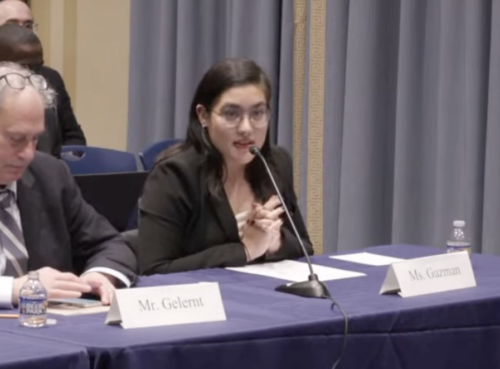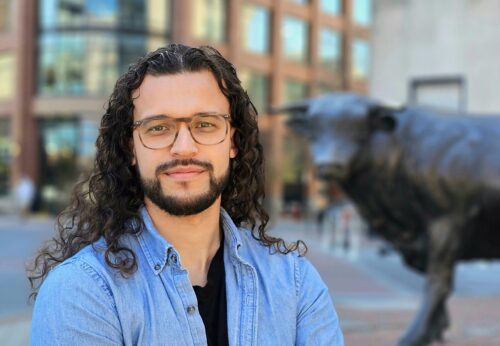Even though Yingzhe “Reginald” Fu, 25, just graduated with his master’s degree in mechanical engineering from the University of California, Berkeley in May 2016, the ambitious young man is already developing a company to advance the Internet of Things. That business, FingerBlocks, aims to connect people’s homes to the internet, transforming household features like light switches into “smart” devices that can help users save energy. FingerBlocks could have an important environmental impact and help consumers save money — but Fu’s immigration status might prevent his company from ever taking off.
Of the company’s three international founders, Fu, a Chinese native, is the only one without a green card. His other two partners both have secure immigration statuses. But because Fu originally came here on a student visa, few pathways exist that would enable him to remain in the United States to build his company. He could obtain traditional sponsorship from a company, but that would require him to work for someone else, complicating the full-time work required by the launch of FingerBlocks.
“It’s immigration complications like these that hold back the American workforce,” Fu says. “The United States really needs these technical people,” such as civil, mechanical and electrical engineers, for basic upkeep and maintenance of American infrastructure, he says. “Everyone wants to go there [to Silicon Valley], to develop the technology,” he says. “It’s definitely better for United States, because people also bring businesses.”
The United States really needs these technical people, such as civil, mechanical and electrical engineers, for basic upkeep and maintenance of American infrastructure.
But immigration policy doesn’t provide any recourse for entrepreneurs like Fu. It’s a shame, because Fu has big plans. He wants the concept of the Internet of Things to evolve from toys and recreation into convenient smart products that improve people’s lives and reduce waste. “We want to make something really robust, that really provides value for users, for example, helping them save on their energy bills.”
Fu is eager to make his economic and environmental contributions here, in the United States. “In China, I didn’t have the chance to go to a good school to be guided and make it in the field I really wanted to study. But in the United States, I had a chance,” he says. “I was able to choose the engineering field I wanted to study. That was always my dream when I was kid: to be an engineer.” Being able to study in the United States, he says, has been a “very precious chance.”
Fu says that creating pathways for entrepreneurial students to remain in the United States would improve the U.S. immigration system while also creating new jobs. A new kind of visa, for example, would allow bright young talent to make significant contributions to the U.S. economy. But first, they have to be allowed to stay. “It’s like a double-win for the country,” Fu reflects, “and also for the people that came here to develop technology.”



